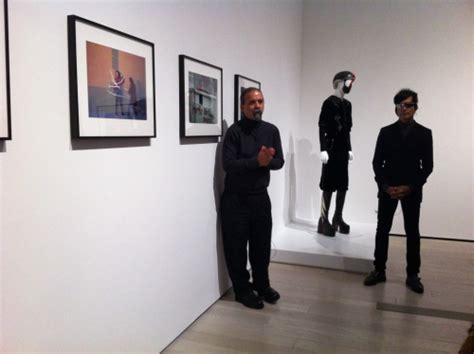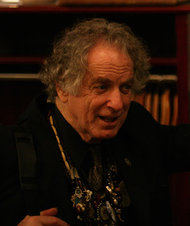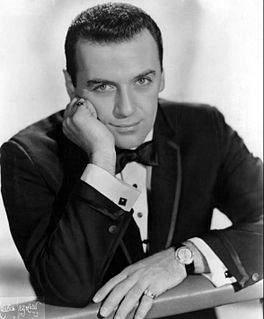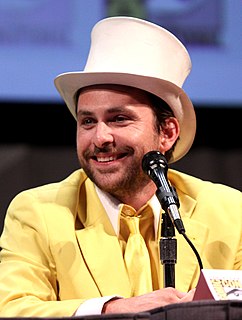A Quote by David Finckel
Beginning in the nineteenth century, with performers like Franz Liszt, were musicians who were able to excite an audience and communicate on a whole new level.
Related Quotes
I was surprised by the level of sophistication of the Special Operation forces. Among them were anthropologists and PhD candidates. I felt because I understand the patterns of nineteenth-century jihad in West Africa that I was definitely going to be more advanced than they were in comprehending what the militant rallying cry was.
Where my earlier works, what sets them apart is that I didn't need approval and I didn't need permission from anyone because I wasn't being paid. So, to me, I was allowed the freedom, the total freedom to just communicate how I wanted to communicate and my whole level of perspective was to communicate to the barrios, communicate to the gangs and communicate to the people that frequent the thoroughfares that were populated by these gangs and by this life style.
Given that the nineteenth century was the century of Socialism, of Liberalism, and of Democracy, it does not necessarily follow that the twentieth century must also be a century of Socialism, Liberalism and Democracy: political doctrines pass, but humanity remains, and it may rather be expected that this will be a century of authority ... a century of Fascism. For if the nineteenth century was a century of individualism it may be expected that this will be the century of collectivism and hence the century of the State.
It was a melting pot in Las Vegas. You got every age level, every ethnic background, every social aura - it was an absolute Americana audience... people who were there to celebrate occasions; people who were there to gamble; people who were there because they were awed by the whole Vegas operation. Tourists.
In the 19th century, when Muslims were looking at Europe as an example, they were independent; they were more self-confident. In the early 20th century, with the fall of the Ottoman Empire, the whole Middle East was colonized. And when you have colonization, what do you have? You have anti-colonization.
I visited New York in '63, intending to move there, but I noticed that what I valued about jazz was being discarded. I ran into `out-to-lunch' free jazz, and the notion that groove was old-fashioned. All around the United States, I could see jazz becoming linear, a horn-player's world. It made me realize that we were not jazz musicians; we were territory musicians in love with all forms of African-American music. All of the musicians I loved were territory musicians, deeply into blues and gospel as well as jazz.
The great crimes of the twentieth century were committed not by money-grubbing capitalists but by dedicated idealists. Lenin, Stalin, and Hitler were contemptuous of money. The passage from the nineteenth to the twentieth century has been a passage from considerations of money to considerations of power.





































